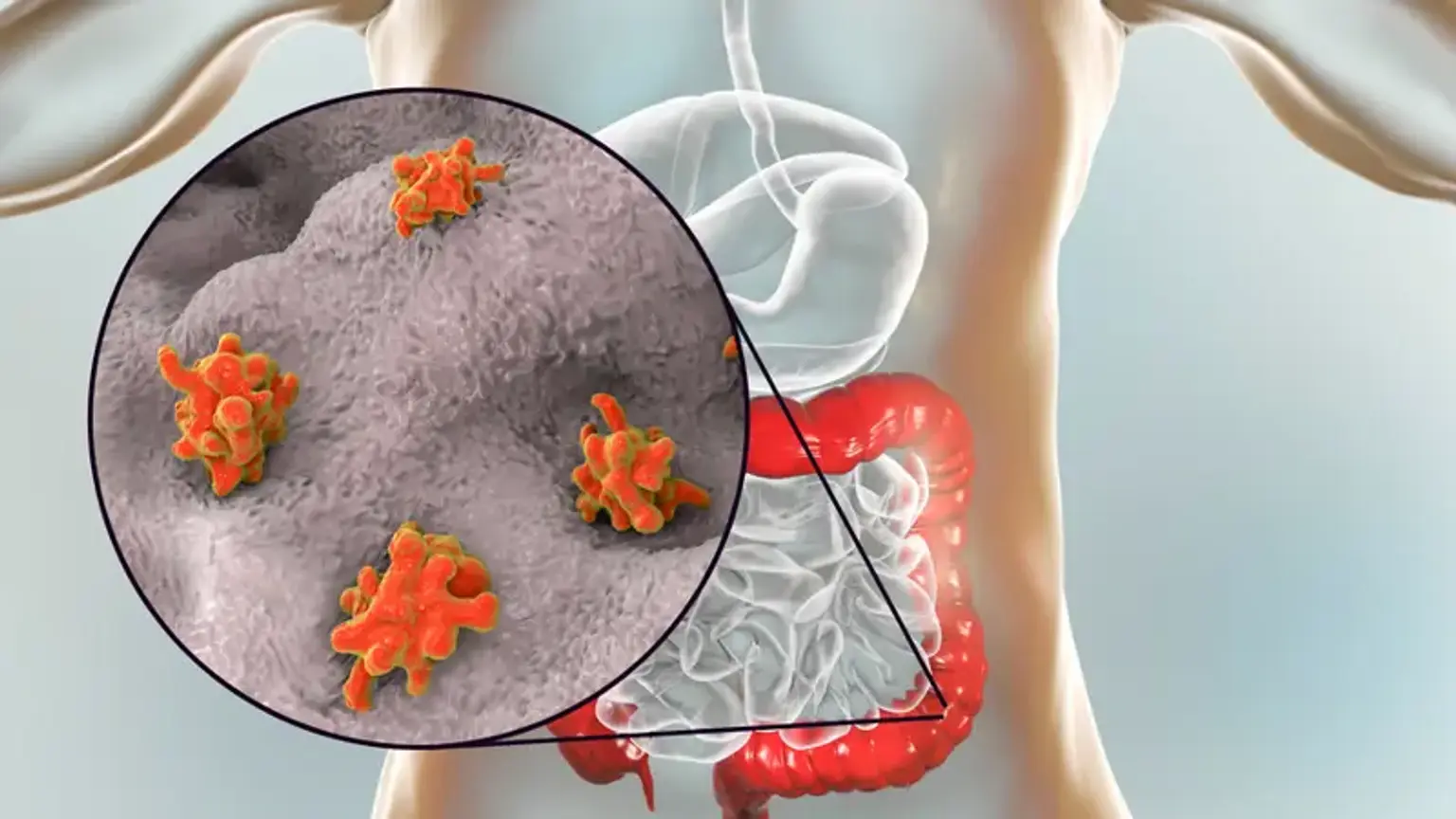What is Amebiasis?
Amebiasis is an infectious disease caused by the protozoan Entamoeba histolytica. This parasitic infection primarily affects the gastrointestinal tract, leading to symptoms such as diarrhea, abdominal pain, and in some cases, severe complications like liver abscesses. The infection is most commonly transmitted through contaminated water or food, particularly in areas with poor sanitation.
Amebiasis can present in different ways, from mild symptoms to life-threatening conditions. It remains a significant global health concern, especially in developing countries where hygiene and sanitation practices may not meet optimal standards. In countries like Korea, while amebiasis cases are not as prevalent, outbreaks can still occur, particularly in travelers and in areas with poorer sanitation systems.
The Causes of Amebiasis
Amebiasis is caused by the parasite Entamoeba histolytica. This single-celled organism is typically found in contaminated water or food, which can be ingested, leading to infection. Once inside the body, the parasite can reside in the intestines, where it can cause symptoms ranging from mild gastrointestinal discomfort to more severe conditions, including amoebic dysentery.
Entamoeba histolytica and its role in causing amebiasis: Entamoeba histolytica is the primary causative agent of amebiasis. The parasite exists in two forms: cysts and trophozoites. The cysts are the infective form, capable of surviving outside the human body for long periods in contaminated water or food. When these cysts are ingested, they travel through the stomach to the intestines, where they mature into trophozoites, the active form of the parasite. These trophozoites can then invade the lining of the intestines, causing inflammation, ulceration, and, in some cases, more severe complications.
Amebiasis transmission and risk factors: The most common method of transmission is the ingestion of Entamoeba histolytica cysts, which are typically found in contaminated water or food. In areas with poor sanitation, the risk is heightened, as improper disposal of human waste can contaminate drinking water and food supplies. Travelers to endemic areas are also at risk if they consume unclean water or improperly cooked food. Personal hygiene and sanitation practices play a critical role in preventing the spread of the infection, especially handwashing after using the toilet.
Risk factors include:
Traveling to areas with inadequate sanitation
Drinking untreated water
Consuming raw or undercooked food
Living in areas with poor sewage systems
